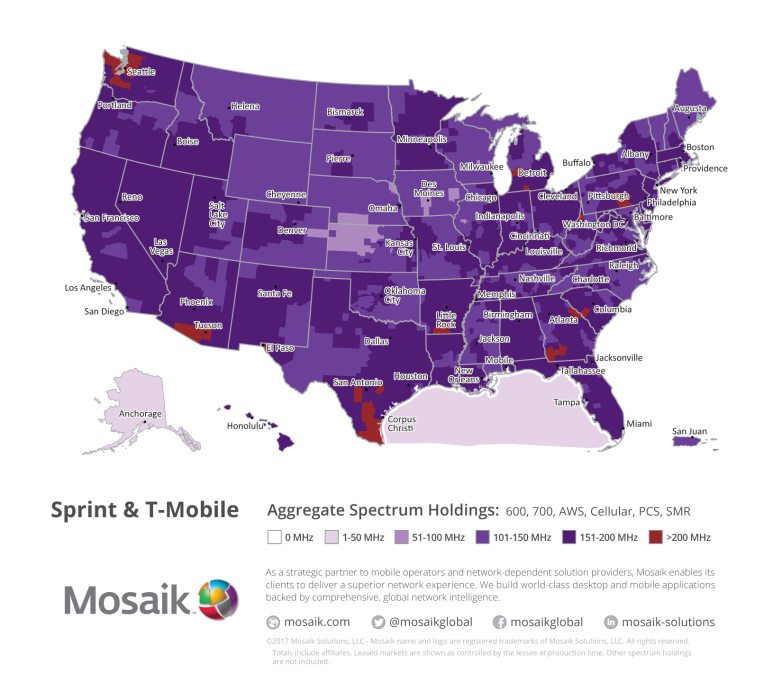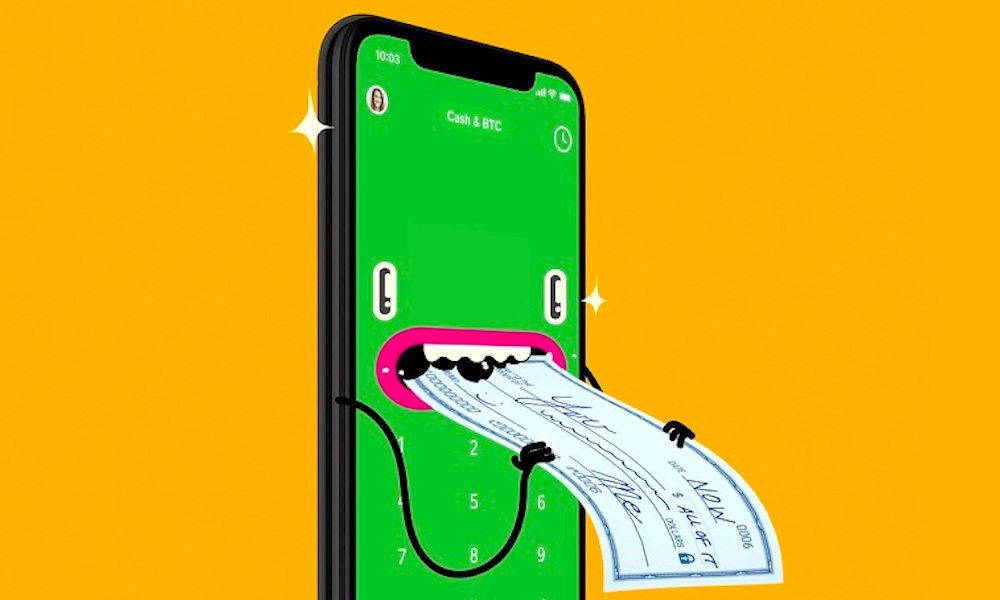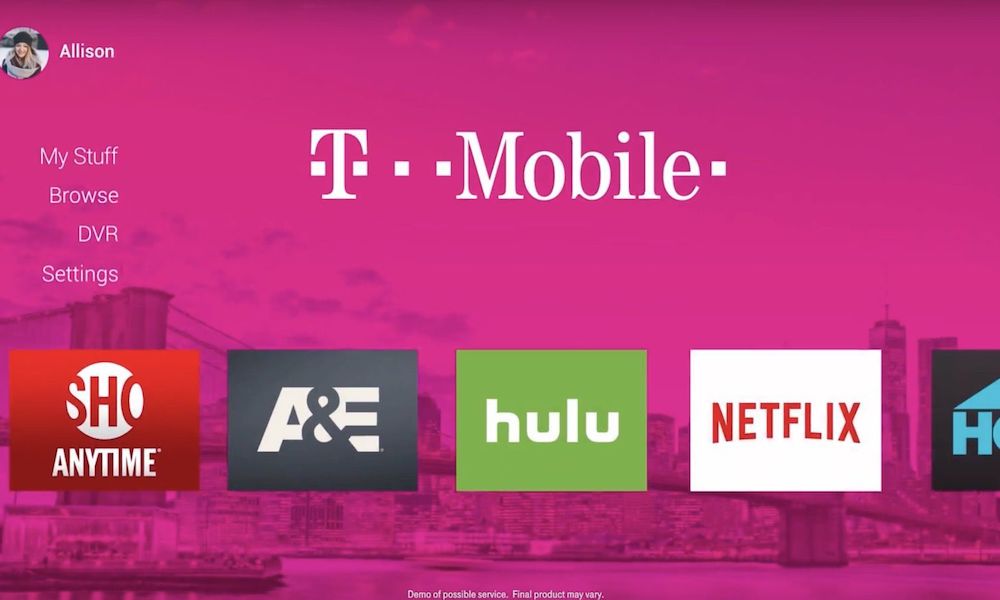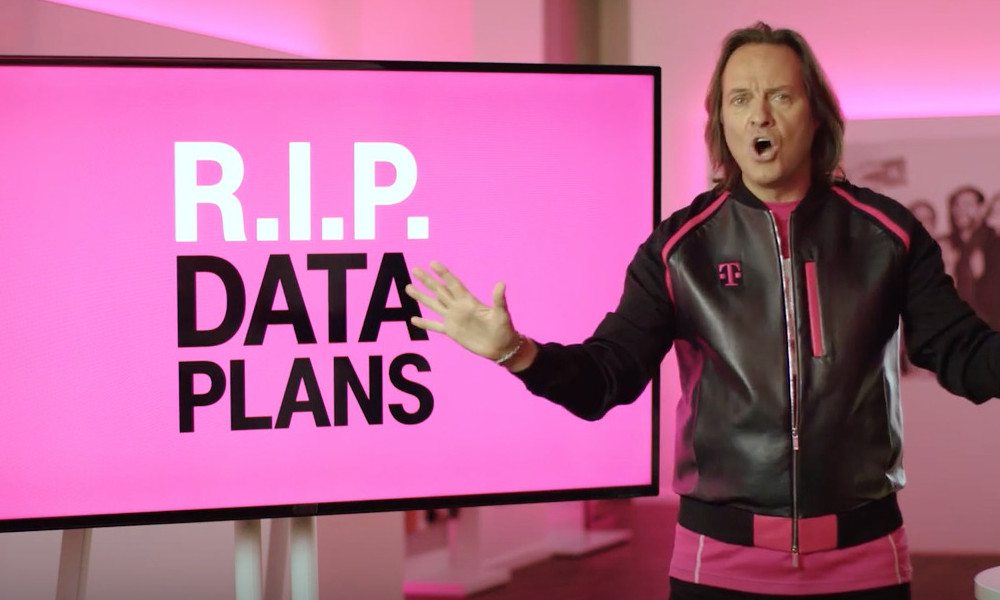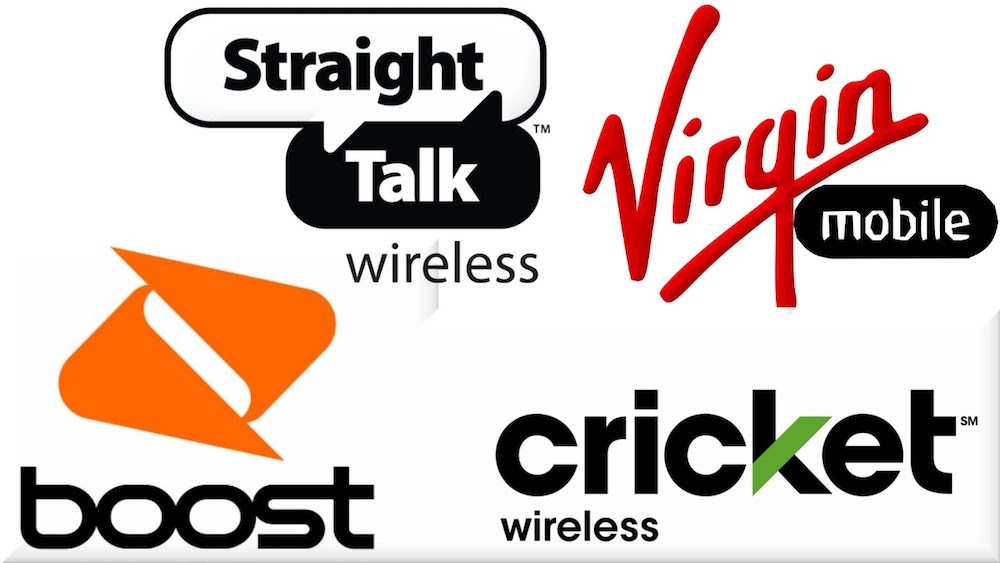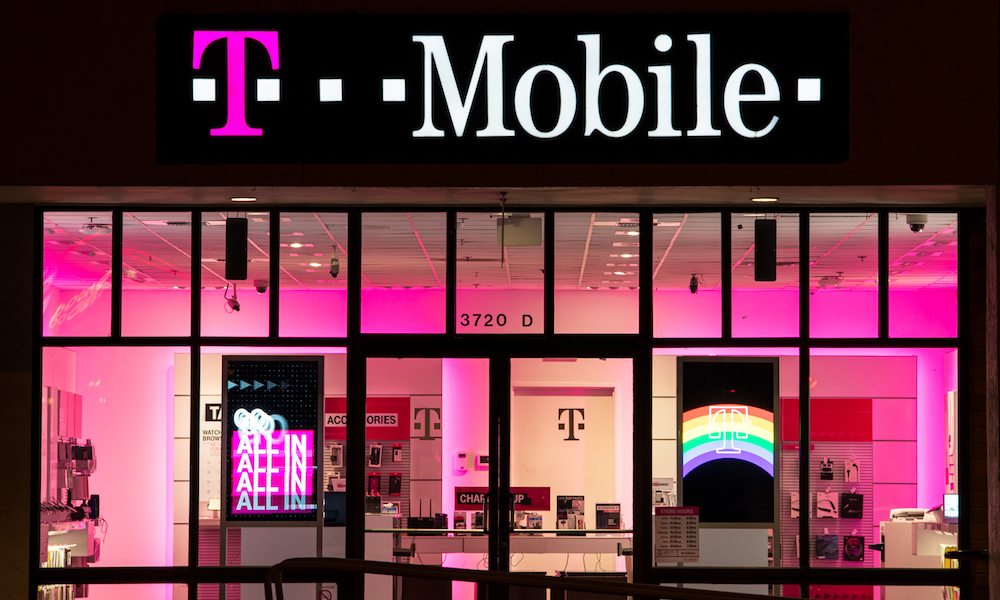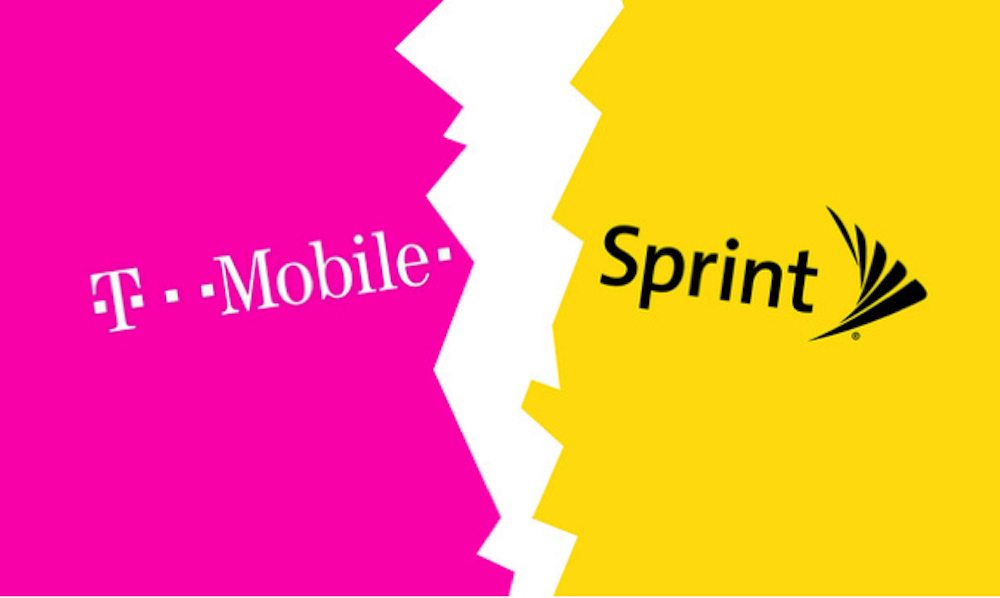9 Massive Pros and Cons of the T-Mobile/Sprint Merger
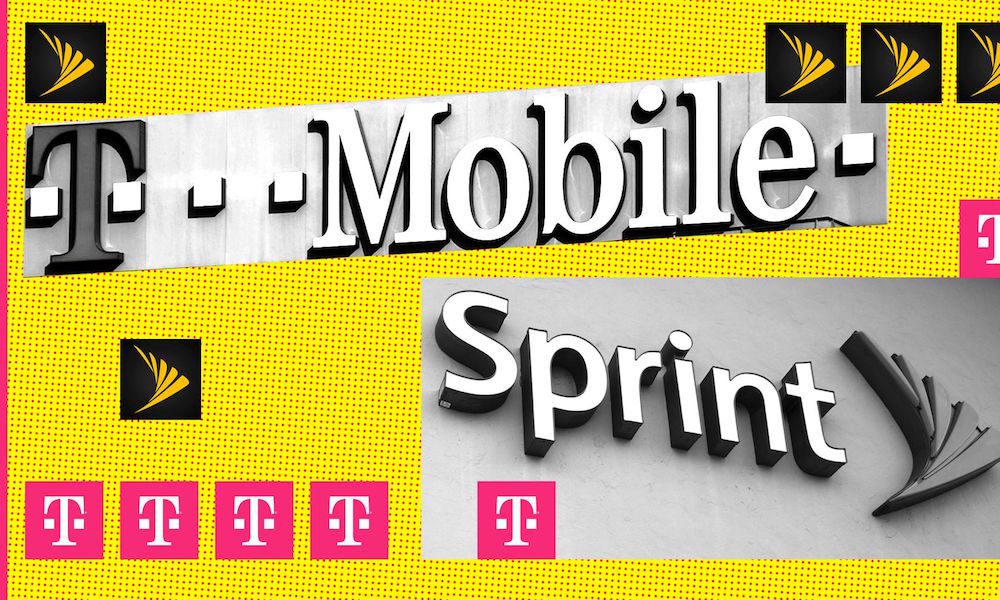 Credit: Lazaro Gamio/Axios
Credit: Lazaro Gamio/Axios
T-Mobile and Sprint have officially agreed on a $27 billion merger. The deal would see the two companies become the second largest telecom firm in the U.S. behind Verizon — and while both firms said the deal will benefit consumers, a lot of questions remain.
The combined firm will be better equipped to take on their larger rivals: AT&T and Verizon. But the merger will also see the number of major players in the U.S. telecom industry drop from four to just three — a concern for legislators and antitrust regulators. In any case, there's a number of ways that the deal could impact consumers, positively or otherwise.
9 [Pro] Better Service
T-Mobile and Sprint both promised consumers that “speeds, coverage and performance” will be increased thanks to their combined networks. Sprint customers, in particular, could see their coverage maps greatly expanded by the T-Mobile network.
That might bode well for the two telecom giants, who lag behind AT&T and Verizon in RootMetric scores in speed, reliability and coverage. (Though T-Mobile John Legere will be quick to dispute those findings in favor of data collected by other research bodies). Of course, we won’t know for sure until or if the merger becomes a done deal.
8 [Con] Higher Prices
Sprint has been an aggressive competitor in its attempts to lure customers away from its larger rivals. A merger between Sprint and the Uncarrier, which has garnered a reputation for competitive practices in its own right, could raise prices for consumers.
Of course, T-Mobile CEO John Legere maintains that the merger could actually lead to lower prices — and could force AT&T and Verizon to cut their own price points to compete. On the other hand, the “general view on Wall Street” is that the deal will cause prices to rise, researcher Blair Levin told The Washington Post.
7 [Pro] More Bundled Perks
T-Mobile and Sprint both offer separate bundled perks with some of their plans. The Uncarrier, for example, includes a free Netflix subscription with some options. Sprint offers similar bundles with Tidal and Hulu perks.
It’s worth noting that neither of the carriers commented on the future of bundles moving forward. But, if the merger goes through, customers on the combined network could see better perks, or at the very least, more bundle options for their plan.
6 [Con] The End of Unlimited Plans (Maybe)
Unlimited data plans are, at their core, a way of attracting new customers to a network. But in the face of reduced competition, wooing new subscribers won’t be as much of a priority for a combined T-Mobile-Sprint firm.
But it’s not just T-Mobile and Sprint customers who could see the end of unlimited options. According to some analysts, if one carrier drops unlimited plans, the others might be inclined to follow suit. Looking at other countries with fewer major telecom firms than the U.S., this seems more like a possibility.
5 [Pro] Faster 5G Deployment
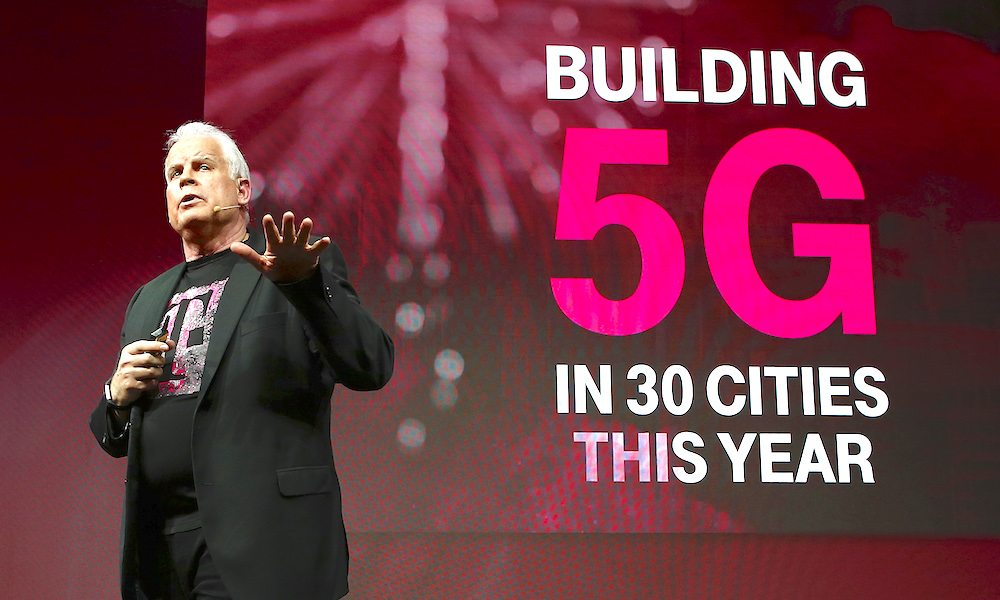
5G networks, which are largely expected to revolutionize the way we use computers, are a top priority for the biggest telecom firms in the U.S. And while we’re going to end up with 5G networks anyway, a merger could aid in that deployment.
Presumably, a combined T-Mobile and Sprint could be able to leverage their separate infrastructures to help bring 5G networks to their customers more quickly. Both companies have existing 5G deployment plans, and it’ll be interesting to see how they are mixed if the merger is approved.
4 [Con] Smaller Carriers Could Be Hurt
In the wake of a merger, many consumers will consider switching to one of the smaller carriers in the U.S. While that might be a good thing for some smaller firms, those same firms could still be impacted by the deal.
That’s largely because smaller carriers, like Boost Mobile and MetroPCS, actually operate on the same networks controlled by the “Big 4 telecom” companies. And because some small carriers are actually owned by T-Mobile and Sprint, some of the cons on this list could apply to them, too.
3 [Pro] More Jobs
This isn’t a direct boon for consumers, but both T-Mobile and Sprint said that the merger deal would help create “thousands” of new jobs in the construction, customer service and retail sectors.
It’s hard to tell whether that prediction will actually pan out in practice, but it stands to reason that new jobs are probable if the deal is approved. Of course, on the flip side, layoffs are probably likely, too — particularly on the Sprint side.
2 [Con] Network Band Confusion
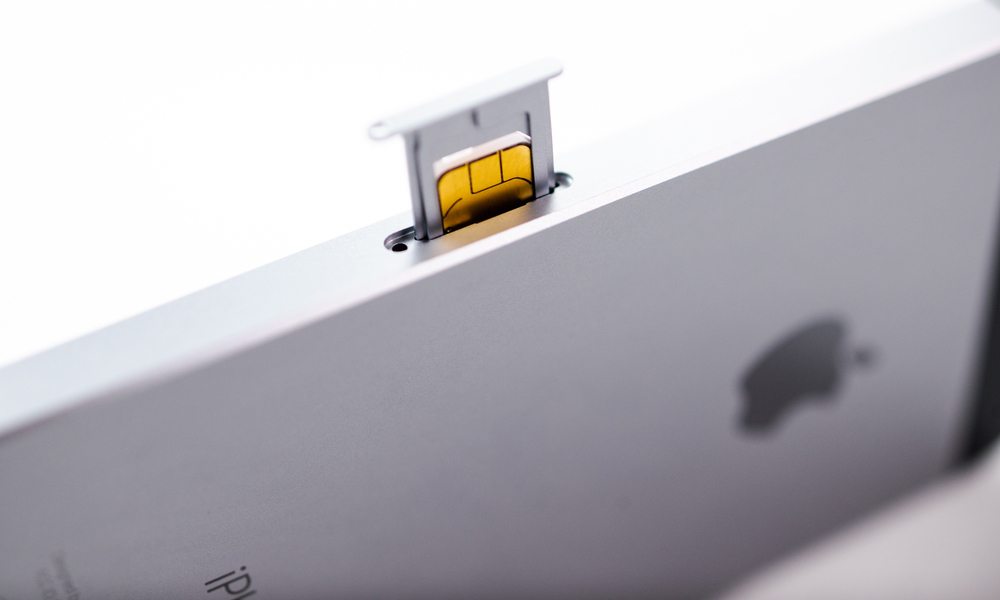
T-Mobile and Sprint both use different radio bands for their respective network: T-Mobile uses GSM, while Sprint uses CDMA. This could cause confusion for consumers with devices locked to one band or the other.
If the merger goes through, Sprint’s customers will be gradually transitioned to T-Mobile’s network. To be fair, most modern smartphones support both CDMA and GSM. But roughly half of Sprint’s customer base will need to purchase new devices that support the appropriate radio band.
1 [Con?] It Might Not Even Happen
Though not necessarily a “con” to consumers, the fact that the merger isn’t a done deal is still worth mentioning. In fact, there’s actually a good chance that the merger will be blocked by federal antitrust regulators.
Back in 2011, a similar merger between AT&T and T-Mobile fell through due to government pressure. And according to some market watchers, existing investigations — like the Justice Department’s probe into whether AT&T and Verizon colluded to hamper eSIM development — makes the merger even less likely.

